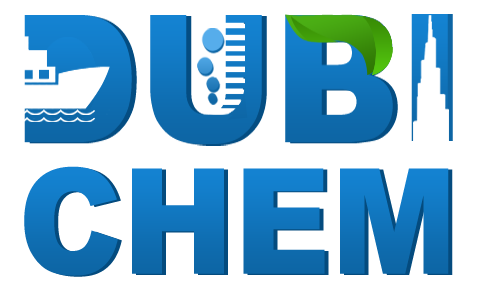Corrosion is a massive problem for industries as it causes staggering losses to them. Industries are continually trying to find ways to deal with corrosion and mitigate these damages. The best way to fight corrosion is prevention.
A Metal Corrosion Inhibitor is a substance which, when added to an environment or a liquid or gas in a small concentration, effectively decreases the corrosion rate of a metal exposed to the environment. The efficiency of a corrosion inhibitor depends on the fluid composition, quantity of water, and its flow regime. A common mechanism for preventing corrosion involves the formation of a coating, which blocks access of the corrosive substance to the metal.
Corrosion Inhibitors are quite crucial in the oil extraction and processing industries. In these industries, they are considered as the first step against corrosion.
The nature of the Metal corrosive inhibitor depends on the metal being protected, and on the corrosive agent(s) that have to be neutralized. The corrosive agents are generally oxygen, hydrogen sulphide, and carbon dioxide.
Corrosion inhibition usually results from one of these general mechanisms:
By the process of chemisorption, the inhibitor molecule gets absorbed on the metal surface resulting in the formation of a protective film either by itself or in conjunction with metallic ions.
The inhibitor helps the metal to build its own preventive layer of metal oxides, which Expands its resistance to corrosion.
The inhibitor reacts with a potentially corrosive substance in the water.
When choosing the corrosion inhibitor for your application, several things should be considered. These are as follows:
Materials that have to be protected
Method of application (dip, spray, brush, etc.) to be used
Type of protection that is required (in process, storage or shipping)
Type and thickness of coating residue which is desired
Storage, packaging and shipping conditions (temperature, seasonal humidity conditions)
Interaction with subsequent processes, if not removed
Environmental, health and safety requirements
Type of product (oil/solvent or water-based)
There are four types of corrosion inhibitors:
Anodic Inhibitors
These corrosion inhibitors form a protective oxide film on the surface of the metal. It causes a sizeable anodic shift that forces the metallic surface into the passivation region, which reduces the corrosion potential of the material.
Cathodic Inhibitors
Cathodic inhibitors slow down the cathodic reaction to block the diffusion of reducing species to the metal surface. Cathodic poison and oxygen scavengers are examples of this type of inhibitor.
Mixed Inhibitor
These are film-forming compounds that reduce both the cathodic and anodic reactions. The most frequently used mixed inhibitors are silicates and phosphates used in domestic water softeners to put a stop to the formation of rust water.
Volatile Corrosion Inhibitors
Volatile Corrosion Inhibitors (VCI) also called Vapor Phase Inhibitors (VPI). VCI are compounds being carried in a closed environment to the site of corrosion by the process of volatilization from a source. In boilers, volatile compounds such as morpholine or hydrazine are transported with steam to prevent corrosion in condenser tubes.
Dubichem chemicals international is a leading supplier, manufacturer and exporter of Metal Corrosion Inhibitor in Dubai, Ajman, Abu- Dhabi, Sharjah, Fujairah, Turkey, Saudi Arabia, Qatar, Kuwait, United Arab Emirates, Oman, Singapore, Malaysia, Indonesia, Lebanon, Greece, India, Sudan, Ghana, Madagascar, Kenya, Nigeria, Zimbabwe, Uganda, Ethiopia, Namibia, Mauritius, South Africa ,Europe & Globally for any queries mail us at Dubichem@gmail.com and for more related products visit www.dubichem.com
